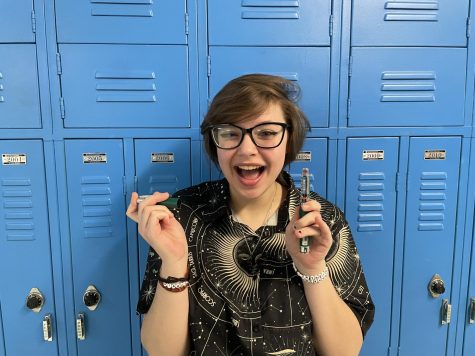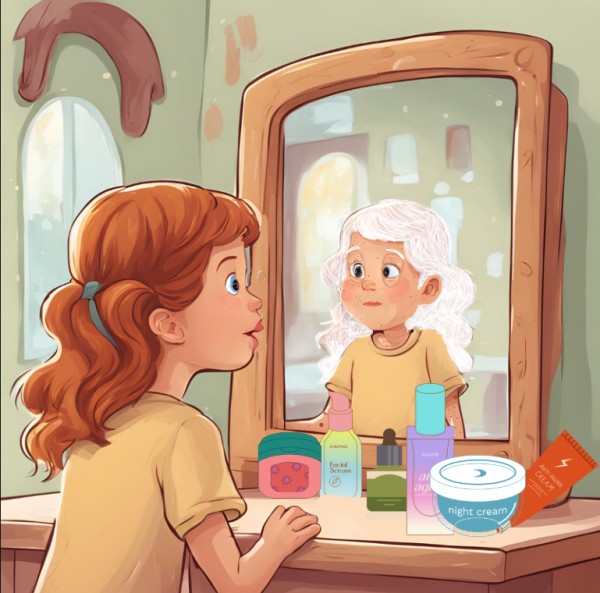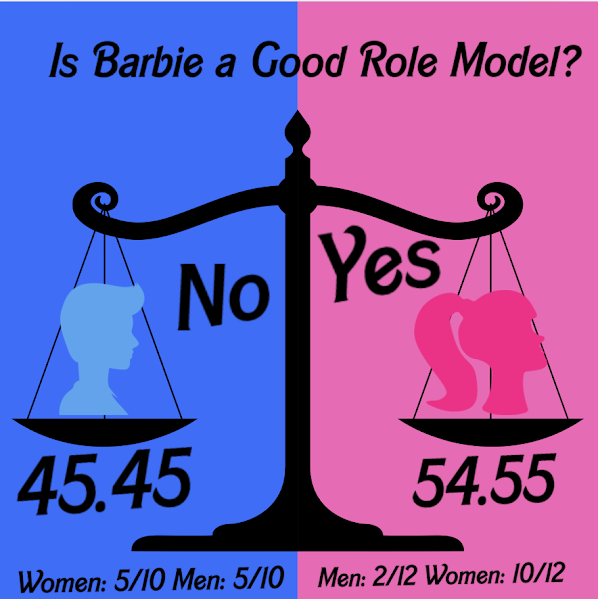Editors’ Debate: Vaccinations: Kick It or Stick It? – Pro
Vaccinations, the cause of dread for most about going to the doctor’s office, act as a training course for our bodies. They help our immune systems produce soldier-like antibodies in preparation to fight invaders, such as bacteria and other pathogens. While no one looks forward to receiving them, vaccinations help keep people safe from harmful diseases.
Vaccinations are one of the most effective and safest medical advancements. Not only do they stop the spread of illnesses such as smallpox, diphtheria, and polio, but they also help to save the lives of children.
According to Shot@Life, a United Nations partner organization, and the Centers for Disease Control (CDC), vaccines save 2.5 million children from preventable diseases every year, and have saved the lives of 322 million from illnesses from 1994 to 2014.
But like any medication, vaccines can in some cases cause severe side effects in allergic reactions.
Though it may sound scary, this should not be a reason for avoiding vaccinations. According to the CDC, the risk of having an allergic reaction when receiving a vaccine is one per million children.
When children cannot receive vaccines due to allergies, they may be at risk for being exposed to life-threatening diseases. For this reason, herd immunity, when people who are able to get immunized do so in order to not only protect themselves but others who cannot get vaccinated for medical purposes, is dire as it stops the spread of diseases to those who cannot get vaccinated for medical or religious purposes.
According to ProCon.org, a nonprofit organization that provides research on controversial issues, “Children and adults who cannot be vaccinated due to age, poor health (who are immune-compromised or undergoing chemotherapy, for example), or other reasons rely on herd immunity to prevent contraction of vaccine-preventable diseases.”
It is our job to protect not only ourselves, but others who do not have the same health status.
Not only do vaccines save lives, but they also help save time and money for many families.
If one is not vaccinated and contracts a vaccine-preventable disease, it can take a financial toll because of medical bills, short and long term medical treatments, and lost time from work.
Getting vaccinated would not only be good for health, but a good investment for the future.
One should not compromise their well-being for something that is a matter of life and death. Modern medicine has come so far, and it would not make sense to go back in time and risk getting vaccine-preventable diseases. It just is not worth the risk.










